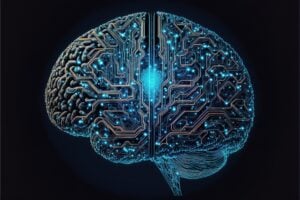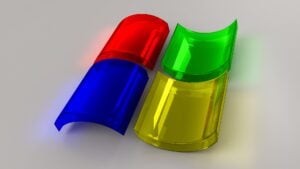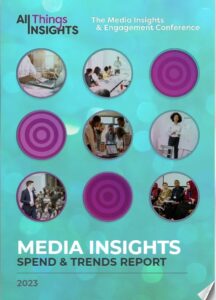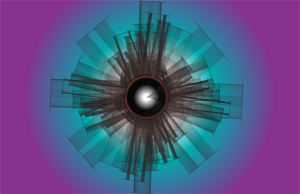McRaney is a science journalist fascinated with brains, minds, and culture. He created the podcast You Are Not So Smart based on his internationally bestselling book of the same name and its follow-up, You Are Now Less Dumb. Most recently, after finishing his latest book, How Minds Change, he wrote, produced, and recorded a six-hour audio documentary exploring the history of the idea and the word: genius.
In your keynote, you discuss perception as a strong theme. Just how does perception influence everything humans undertake?
“Perception’s a big deal now because everything’s about interpretation. Everything is about what subjective reality am I going to pick and choose from the options available? And if I don’t want to be part of this group’s understanding of the world, I’ll just go to another one, and there’s plenty of opportunities for that,” says McRaney.
In your presentation, you showed us the dress, the blue and black dress—or was it that golden black dress? And you showed us the strawberries that weren’t red. It’s beyond just kind of opinion.
He observes, “We’re all in that space now because meaning and articulating and interpreting is a daily part of our existence. When it comes to the strawberries and the dress and everything else, the big point I was trying to make was something called surf pad, substantial uncertainty in the presence of ramified or fort prior assumptions, which results in disagreement. This is a neurological term. What it means is when I’m facing something that’s uncertain or ambiguous, I will create certainty and disambiguate that, but I don’t know I’m doing it. All I get is the end result, which is certainty.”
The point you also make is that argument and debate is good. We need collaboration and argumentation and deliberation. Did this inspire you during the writing process of your new book?
“I’ve built a beat, which is the science journalism for psychology of reasoning and decision making and judgment. It became something I was just absolutely obsessed with,” recalls McRaney. “And it took a little better than five years of being on the road, and it became how minds change. And ironically, it was never meant for this to be a great marketing slogan, but it works out that way. I changed my mind about how minds change by writing a book about how people do and do not change their minds.”
And ultimately you pointed out that half the room can see the dress one way and half the room can see it another way—and they’re both right. Back to perception.
“The only way to get to the next point is actual conversation. All of science is a regimented argumentation system. Here’s how we will argue with one another to try to get to the truth that may be beyond either one of our perceptions. The different way of approaching it would be, what if we went shoulder to shoulder and said, isn’t it weird that we disagree? I wonder why. Would you like to partner up and try to solve the mystery of why we disagree? And there is a deeper truth in there, a lot which I presented in the lecture, and it’s revelatory. It changes how you understand the world. And this is obviously applicable to just about everything we are.”
See the full video from TMRE for more on Seth Adler’s conversation with David McRaney, as they chat about the Internet, McRaney’s background, the rise and possible fall of social media, and creativity, among other things.
Contributors
-

Seth Adler heads up All Things Insights & All Things Innovation. He has spent his career bringing people together around content. He has a dynamic background producing events, podcasts, video, and the written word.
View all posts -

Matthew Kramer is the Digital Editor for All Things Insights & All Things Innovation. He has over 20 years of experience working in publishing and media companies, on a variety of business-to-business publications, websites and trade shows.
View all posts

























































































